United States Plastic Corp. manufactures and distributes some 25,000 plastic items serving over 85,000 clients operating in a factory five acres under roof. Our major product is manufacturing plastic tanks, the distribution of bottles, carboy and plastic containers. This also includes plastic sheet, rods, tubes, flexible tubing and thousands of plastic fittings.
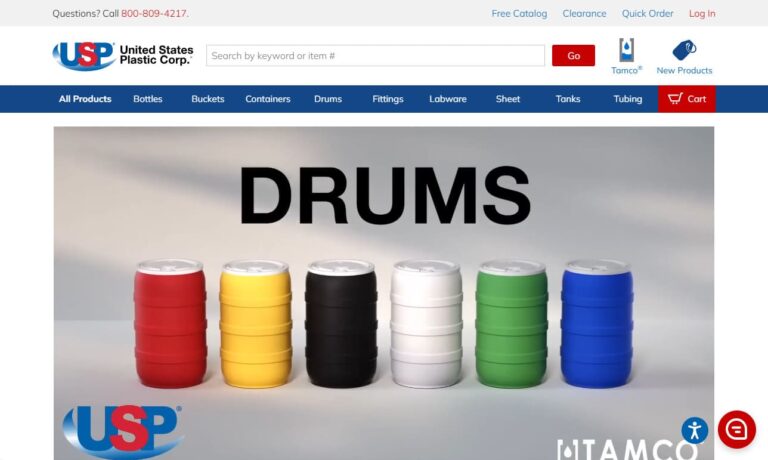
All Plastics and Fiberglass performs fabrication for fiberglass and plastics. Among the standard products we produce are ducts, grating, structural shapes, pipe hangers and tanks. We do custom fabrication on tanks and pipe hangers. We also make prefabricated piping systems, handrails and more. We have built a reputation on high quality and superior service for more than two decades.
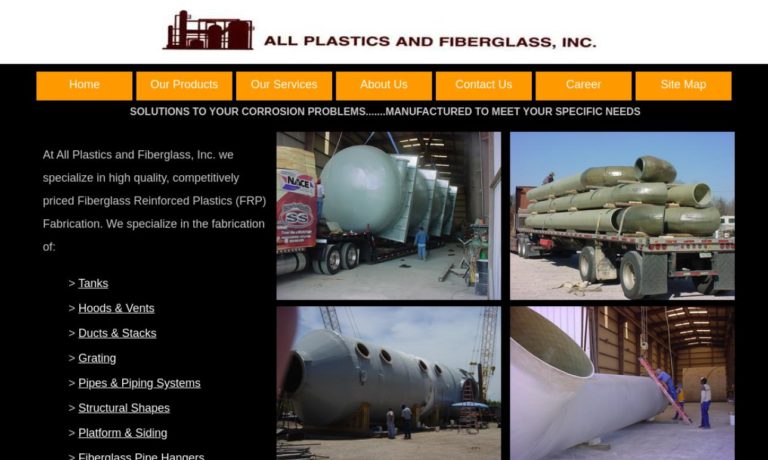
We are Boedeker Plastics, a leading supplier of high-performance plastics and composite materials. Our mission is to provide innovative solutions to our customers' most challenging material needs. With a focus on quality and customer satisfaction, we offer a comprehensive range of products and services to help our customers achieve their goals.

At ENSINGER Inc., we are dedicated to advancing the field of high-performance plastics by delivering materials that solve complex engineering challenges. We specialize in the development, production, and processing of thermoplastic materials that are engineered to perform in demanding applications across industries such as aerospace, automotive, medical, food processing, and industrial equipment.
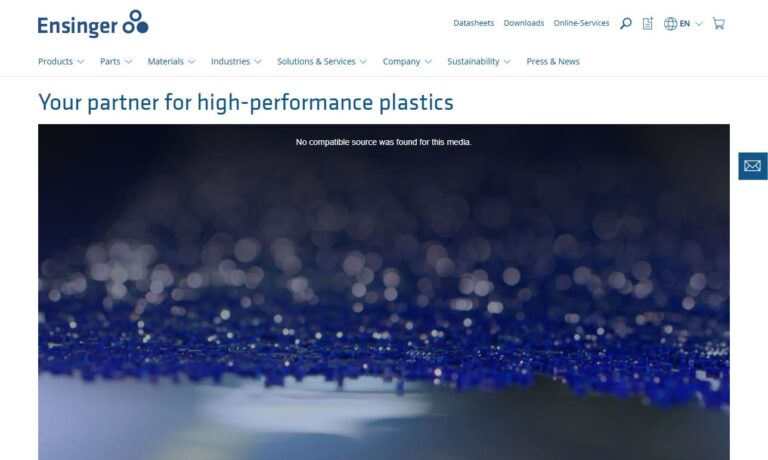
CS Hyde has been providing high-end plastic materials since our founding in 1996, and has become a leading distributor and converter to a wide variety of markets. Materials we have available include Teflon Fluoroplastic, PTFE, Mylar®, Kevlar®, and more. We utilize the most high-tech converting equipment to provide superior products to our customers in a short time frame. It is our continuous...

More Polyethylene Manufacturers
This particular polymer is synthesized from long chains of ethylene monomers that are composed of carbon and hydrogen and form double covalent bonds in a number of structural configurations. Because it is available in many forms, polyethylene is the most commonly used plastic.
Annual production rates for this plastic alone are approximately eighty million metric tons. Such a large number is necessary to accommodate the incredible diversity of objects made from polyethylene. Polyethylene manufacturers fabricate bottles, packaging sheets, shower curtains, pipes, wire insulation, plastic bags and containers, bulletproof vests, artificial knees and hip replacement components, flooring, storage and more.
Resistant to water, acids, alkalis, solvents and chemical corrosion, polyethylene is popular in automotive, packaging, transport, medical, pharmaceutical, food and chemical processing, entertainment and electronics industries, to name a few. While this plastic is non-biodegradable, it is recyclable; it can be melted, remolded and rehardened numerous times. Additionally, researchers have been developing new techniques aimed at synthesizing polyethylene from components found in sugarcane in order to create bioplastics.
While bioplastics continue to be studied, most polyethylene is synthesized from ethylene, though several different methods for this are possible. Radical polymerization, anionic addition polymerization, ion coordination polymerization and cationic polymerization are all used in the production of polyethylene through heat and pressurization.
As each process results in a slightly different type of polyethylene, the plastics are classified based on density and branching or crystallization. The three main categories are high-density polyethylene, which has a melting point in the range of 120 to 130°C, low-density polyethylene, which melts at around 115°C, and finally medium-density polyethylene. In total there are ten different divisions including ultra high density and very low density, but the main three will often suffice.
Polyethylene manufacturers utilize these polymer resins forming them into plastic rods, sheets and films through injection molding, casting and extrusion. While stock forms such as these may sometimes be used as the finished product, most will undergo additional operations. Secondary processes employed on plastic materials such as these include drilling, welding, fastening, turning, milling and precision machining. It is important to consider both the manufacturing processes and finish product when selecting a polymer.

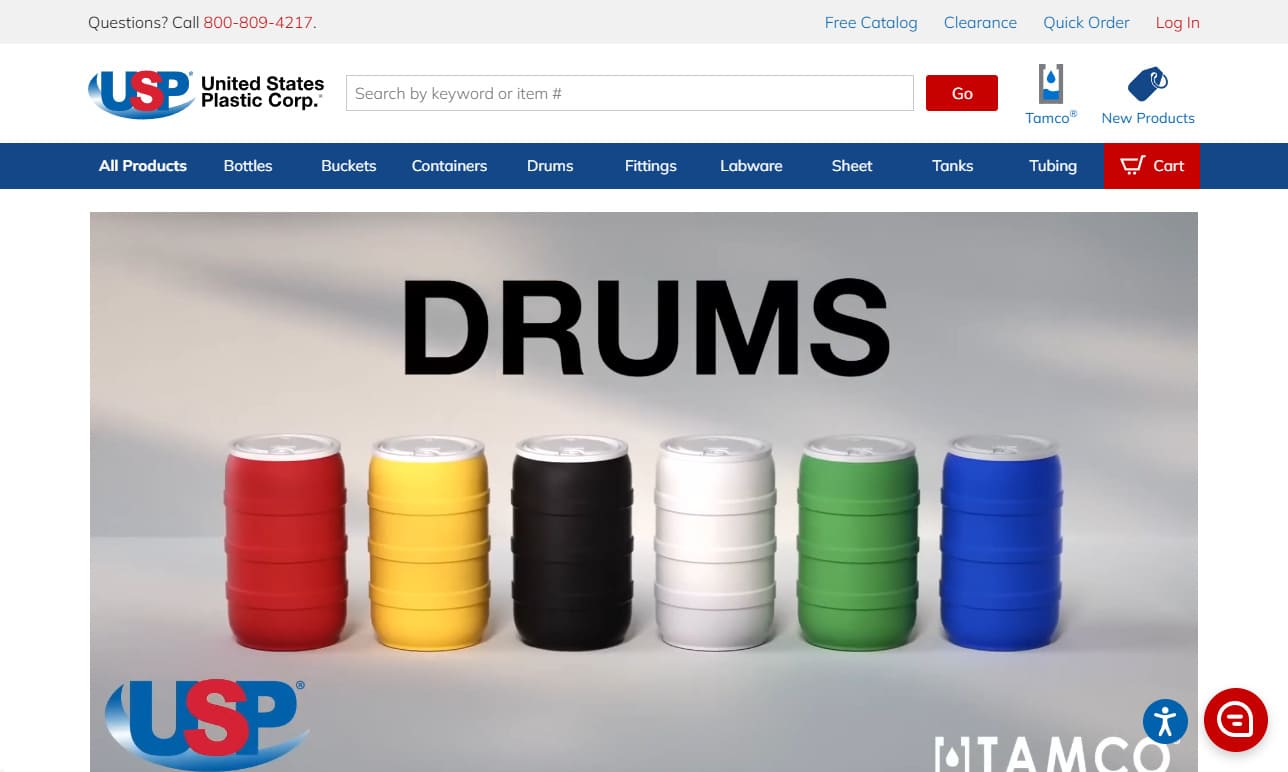


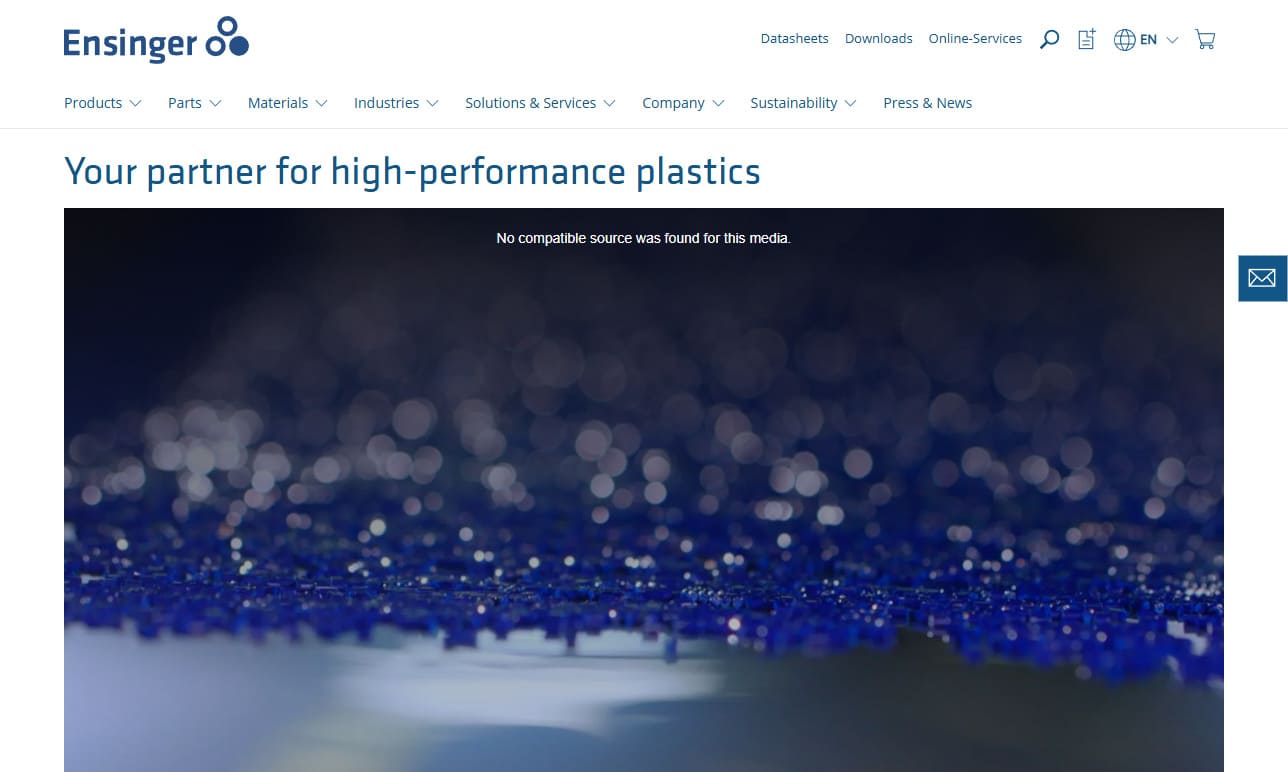

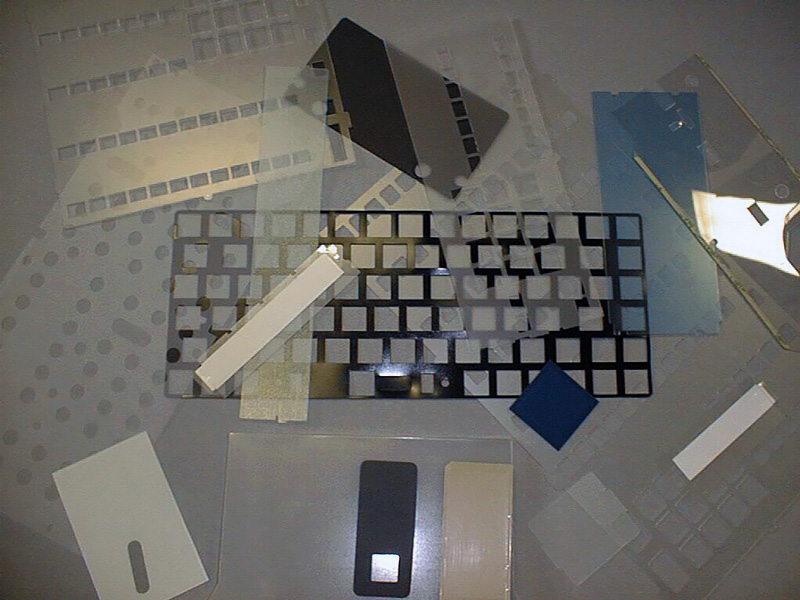 Die Cutting
Die Cutting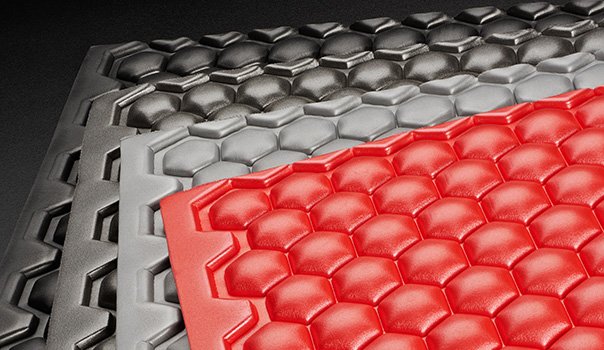 Foam Fabricating
Foam Fabricating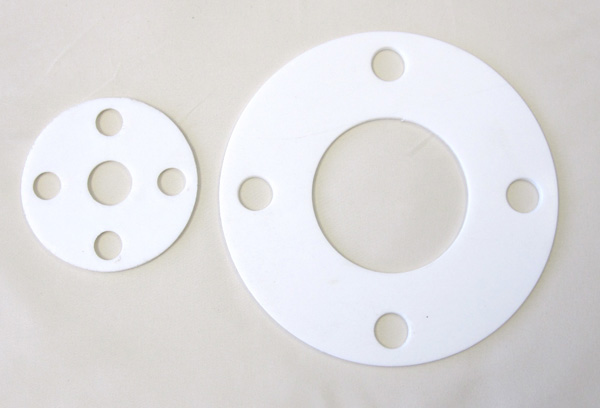 Gaskets
Gaskets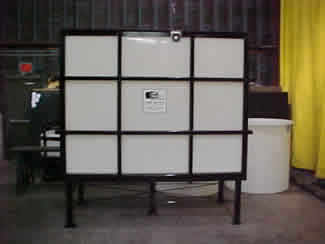 Plastic Fabrication
Plastic Fabrication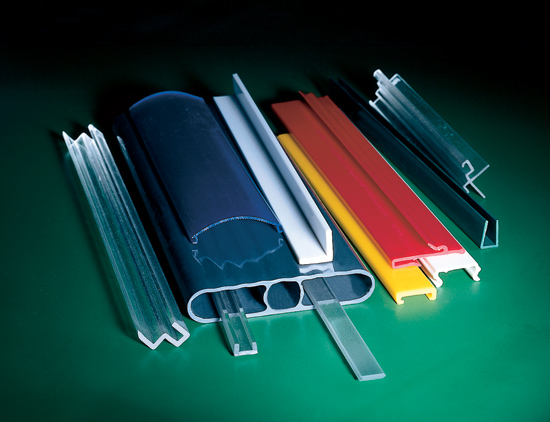 Plastic Materials
Plastic Materials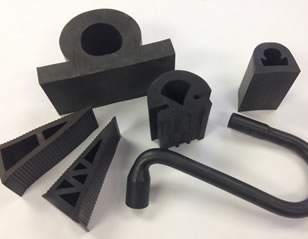 Rubber Extrusions
Rubber Extrusions Castings & Forgings
Castings & Forgings Bulk Material Handling
Bulk Material Handling Electrical & Electronic Components
Electrical & Electronic Components Flow Instrumentation
Flow Instrumentation Hardware
Hardware Material Handling Equipment
Material Handling Equipment Metal Cutting Services
Metal Cutting Services Metal Forming Services
Metal Forming Services Metal Suppliers
Metal Suppliers Motion Control Products
Motion Control Products Plant & Facility Equipment
Plant & Facility Equipment Plant & Facility Supplies
Plant & Facility Supplies Plastic Molding Processes
Plastic Molding Processes Pumps & Valves
Pumps & Valves Recycling Equipment
Recycling Equipment Rubber Products & Services
Rubber Products & Services